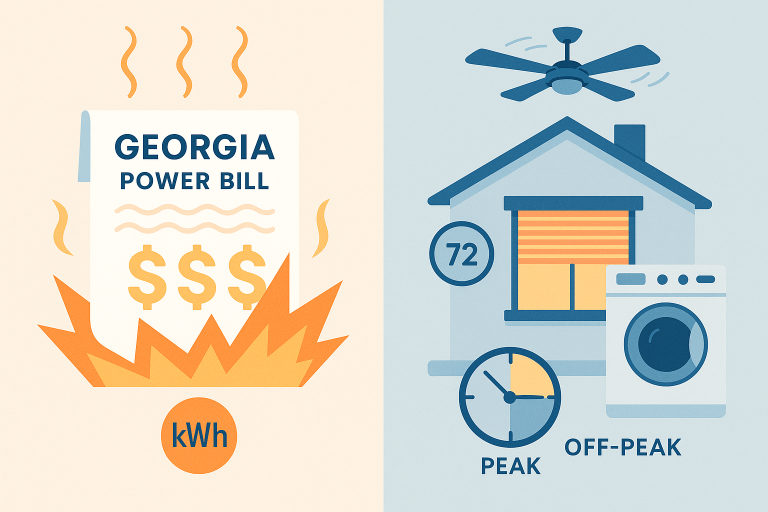Can I Deduct Electric Bill For Home Office?
Many people now work from home, whether it be on a full-time or part-time basis. If you have a home office, you may be wondering if you can deduct your electric bill as a business expense. In this article, we’ll explore the rules and guidelines for deducting your electric bill for a home office on your tax return.
Understanding Home Office Deductions
According to the Internal Revenue Service (IRS), you can deduct expenses for the business use of your home if your home is your principal place of business or you use a specific area of your home regularly and exclusively for business. This includes expenses for utilities, such as electricity, and can be a valuable tax deduction for those who work from home.
Qualifying for a Home Office Deduction
To qualify for a home office deduction, you must use a specific area of your home regularly and exclusively for business. This means that the area must be used only for business activities and cannot be used for personal activities. The area can be a separate room or just a portion of a room, but it must be used regularly and exclusively for business.
Calculating Your Deduction
To calculate your home office deduction, you must determine the percentage of your home that is used for business. You can do this by dividing the square footage of your home office by the total square footage of your home. Once you have determined the percentage of your home used for business, you can then calculate your deduction for utilities, including your electric bill.
For example, if your home office is 200 square feet and your home is 1,000 square feet, then your home office represents 20% of your home. If your electric bill for the year is $2,400, then you can deduct 20% of that amount, or $480, as a business expense.
Other Considerations
It’s important to keep accurate records of your business expenses, including your electric bill, to support your home office deduction. You should also keep records of the dates and times you used your home office for business purposes.
In addition, if you also use your home office for personal activities, such as watching TV or entertaining guests, you cannot claim a deduction for the full cost of your electric bill. Instead, you must apportion the expenses based on the amount of time you used the space for business purposes.
Conclusion
If you have a home office and use it regularly and exclusively for business, you may be able to deduct your electric bill as a business expense on your tax return. To qualify for this deduction, you must use a specific area of your home for business purposes only and keep accurate records of your expenses. Before claiming any deductions, be sure to consult a tax professional or the IRS for guidance and to ensure that you are in compliance with all rules and regulations.




